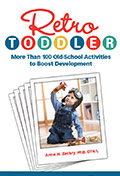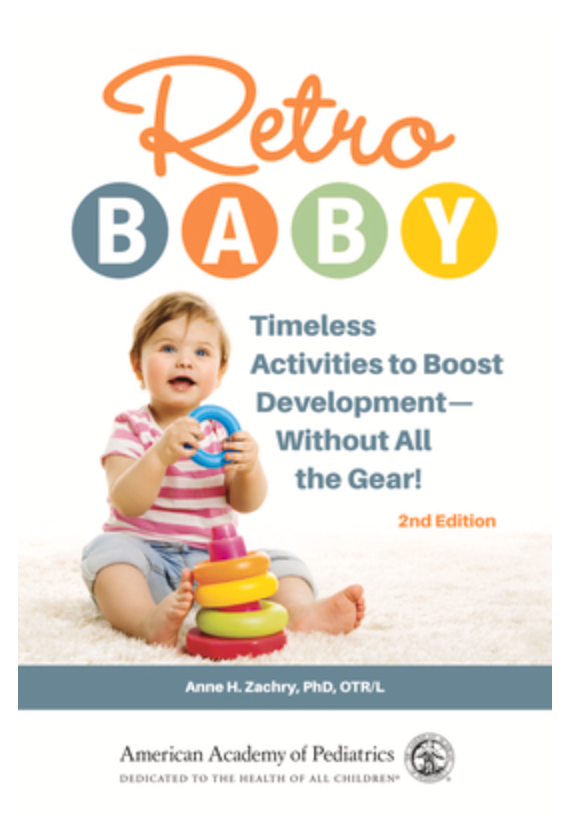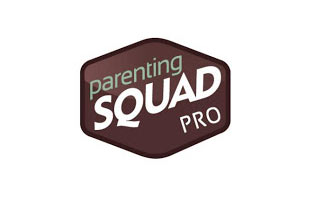According to a study in the April 2012 International Journal of Developmental Neuroscience, children diagnosed with Autism have a significantly lower level of an immune system protein, called cytokines. This conclusion supports earlier research that revealed a link between the immune system functions and autism. Genetic factors have also been found to have biological basis in autism. What does this mean? By building on this study, researchers hope to eventually be able to identify risk factors for autism, and also have the ability to diagnose autism at earlier ages, which would result in earlier intervention.
Autism is a term that describes a group of complex developmental brain disorders known as Pervasive Developmental Disorders (PDD). Parents and professionals refer to these diagnoses as Autism Spectrum Disorders. Recent research suggests that one child in every 88 will be diagnosed with Autism, with the diagnosis being 3 to 4 times more common in boys than girls.








